
views

Wait for a very hot day. The hotter it is, the more likely your egg will fry. If possible, choose a day when the temperature is 100 °F (38 °C) or hotter. Make sure the sun is out, too, since you'll need its rays to completely heat up the metal pan or tin foil you're using. On cloudy days, even very hot ones, the metal won't get hot enough to cook an egg. Eggs will be more likely to firm up in dry weather than humid weather.
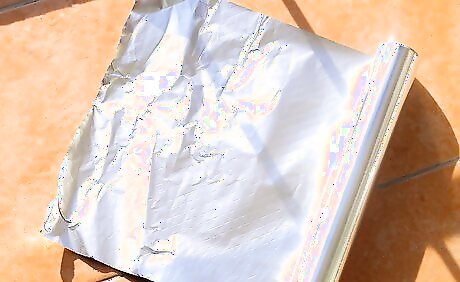
Place tin foil or metal pan in direct sunlight to heat up. You'll want to let it heat up for at least 20 minutes, to make sure it's as hot as it can get. Once it's that hot, be careful not to touch it with your bare hands!
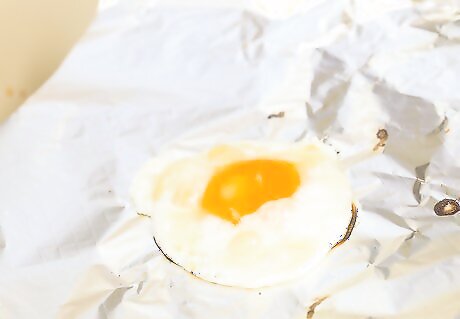
Crack an egg onto the metal surface. If the surface is hot enough, hopefully the egg will begin to cook. Keep in mind that the egg itself will cool down the temperature of the surface you crack it upon, so even if the pan has reached 158 degrees, the egg still might not start to fry. Try to keep the yolk intact, so you can better observe whether or not it begins to cook. If you use an egg straight from the refrigerator, it'll cool the surface down more than if you use a room temperature egg.
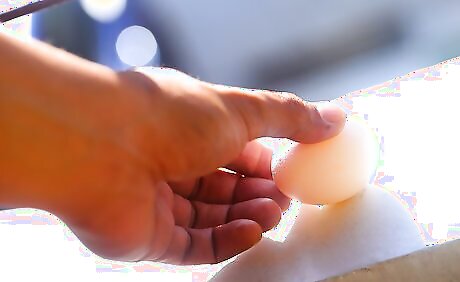
Crack a second egg onto the sidewalk. Observe whether there are differences between the state of the sidewalk egg and the egg you cracked onto a metal surface. Does the egg on the metal surface seem to be cooking? Most people who try this experiment have found that the sidewalk egg doesn't cook at all, while the egg on the metal surface cooks slightly.
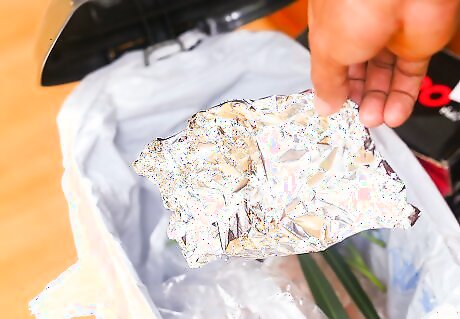
Discard the eggs when you're finished. Since the eggs probably didn't get fully cooked, you definitely don't want to eat them! Throw out the eggs. Make sure not to leave a mess on the sidewalk, since egg whites can leave a permanent mark. Be careful when you touch the hot pan! It might not be hot enough to cook an egg, but it can still burn your finger.















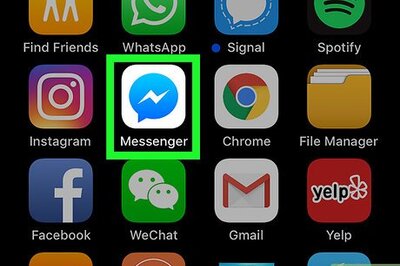




Comments
0 comment